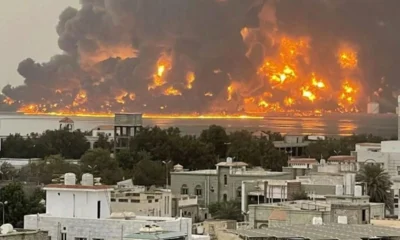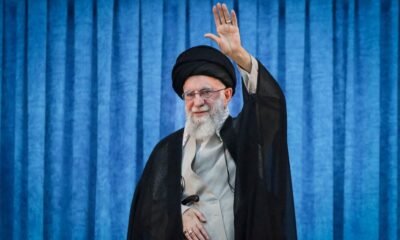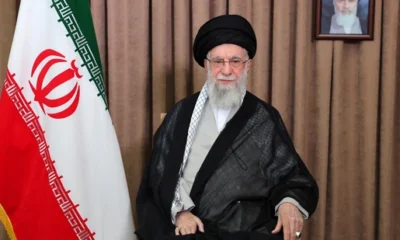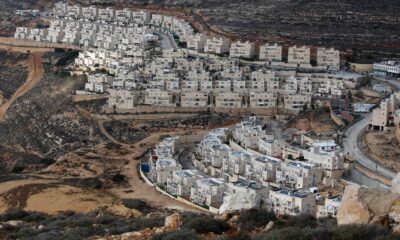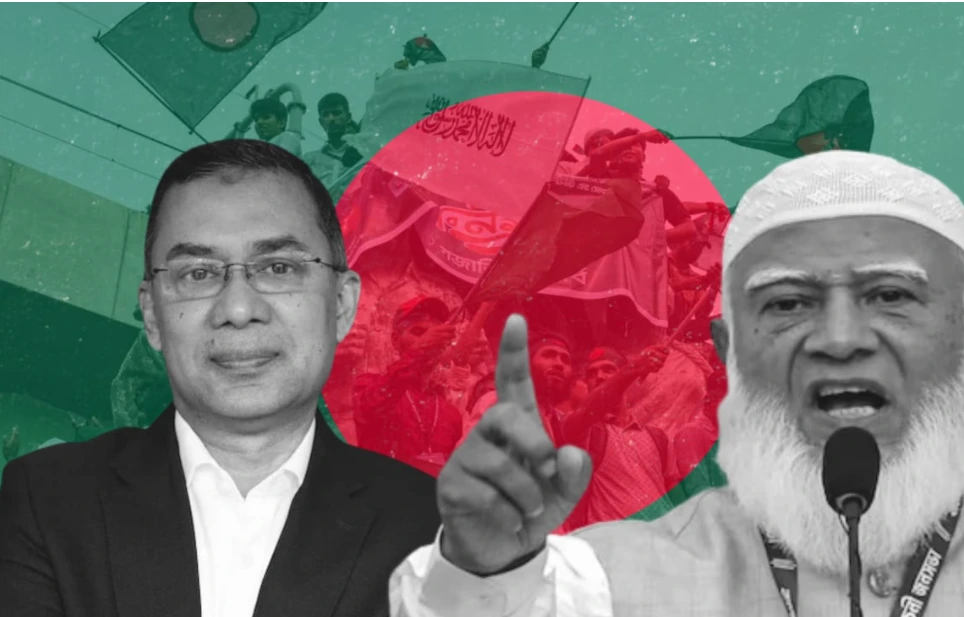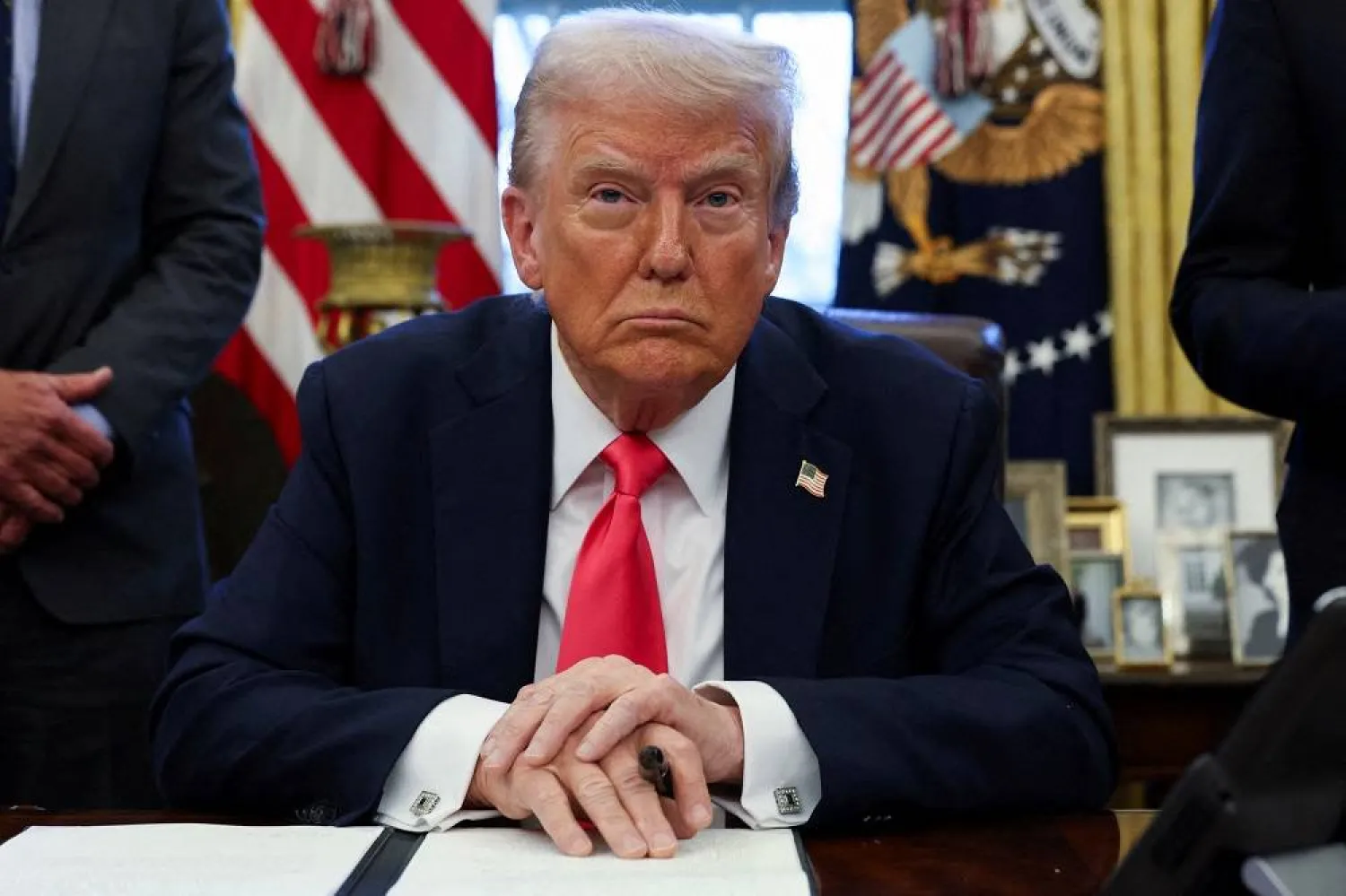Latest world news
Israel-Hamas war: WHO calls for humanitarian corridor into Gaza Strip
More than 1,100 people have been killed on both sides after Gaza-based Palestinian militant group Hamas launched a triple attack on Israel on Saturday.
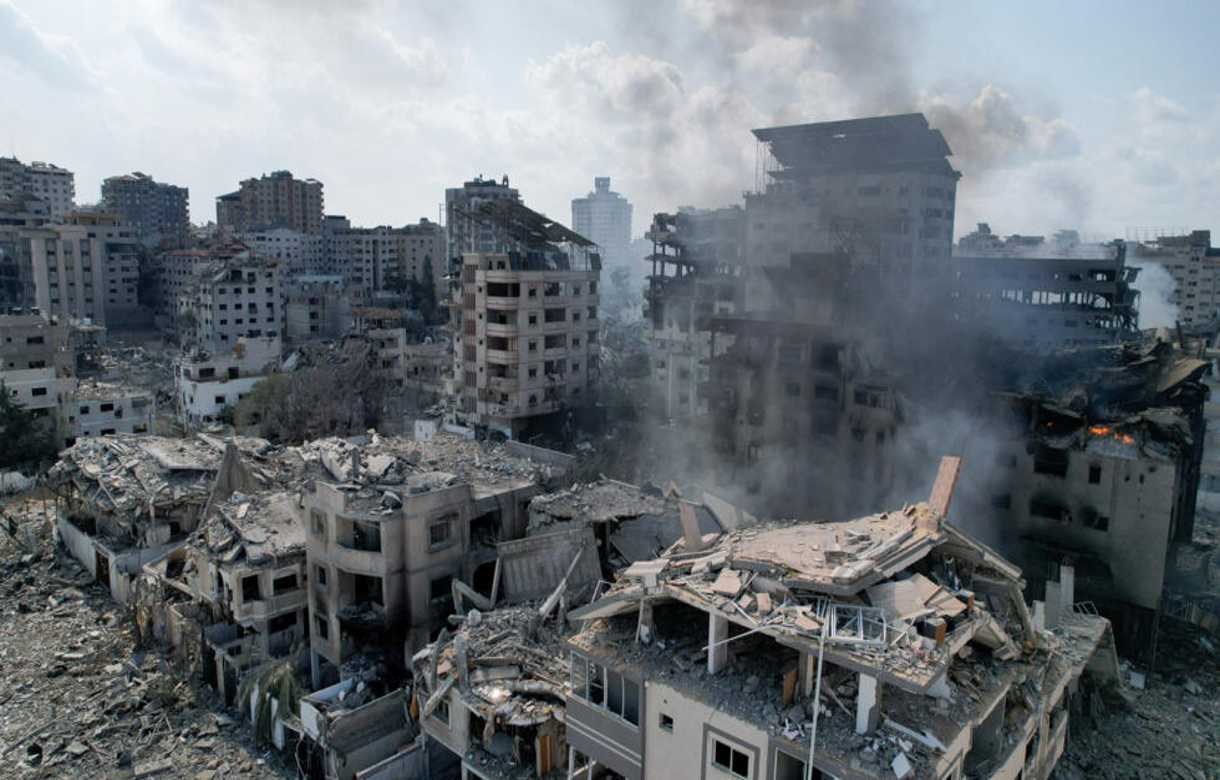
Latest Politics News
Tarique Rahman-led BNP set for landslide win in Bangladesh elections
BNP led by Tarique Rahman has crossed the majority mark in Bangladesh’s national elections, with projections suggesting a two-thirds majority. Jamaat has conceded defeat.
Latest world news
Jamaat, BNP supporters clash in Dhaka as Bangladesh votes in 13th parliamentary polls
Clashes erupted in Dhaka’s Mirpur as Bangladesh voted in its 13th parliamentary elections, marking the first polls after Sheikh Hasina’s ouster.
Latest world news
Donald Trump calls India trade deal historic, highlights rise in US coal exports
Donald Trump describes the India trade deal as historic and links it to rising US coal exports, while India reiterates national interest in energy decisions.
-

 Latest Politics News13 hours ago
Latest Politics News13 hours agoTarique Rahman-led BNP set for landslide win in Bangladesh elections
-

 India News13 hours ago
India News13 hours agoPM Modi congratulates Tarique Rahman after BNP’s decisive win in Bangladesh elections
-

 Cricket news12 hours ago
Cricket news12 hours agoIndia crush Namibia by 93 runs to go top of Group A in T20 World Cup
-

 India News8 hours ago
India News8 hours agoRahul Gandhi faces expulsion demand in Lok Sabha over trade deal remarks
-

 India News8 hours ago
India News8 hours agoVijay targets DMK over Rs 2,000 scheme, calls on voters to blow the whistle
-

 India News8 hours ago
India News8 hours agoAmit Shah to visit India-Bangladesh border in Assam on February 21
-
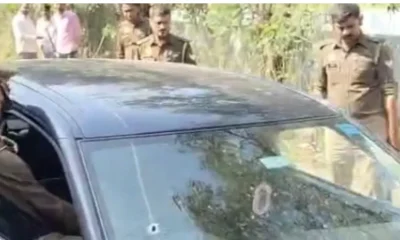
 India News5 hours ago
India News5 hours agoEx-shooter of Mukhtar Ansari gang shot dead in Barabanki, 15 rounds fired



